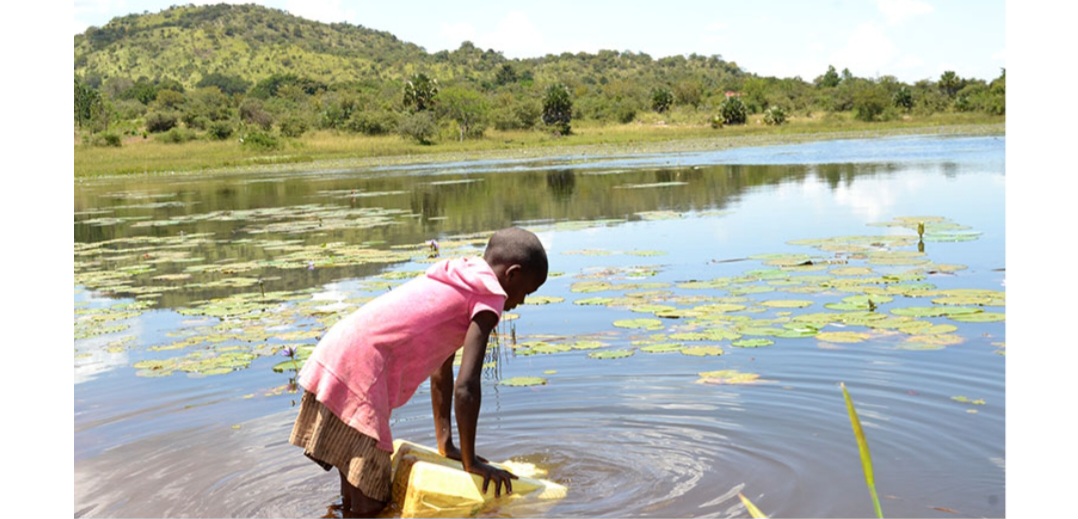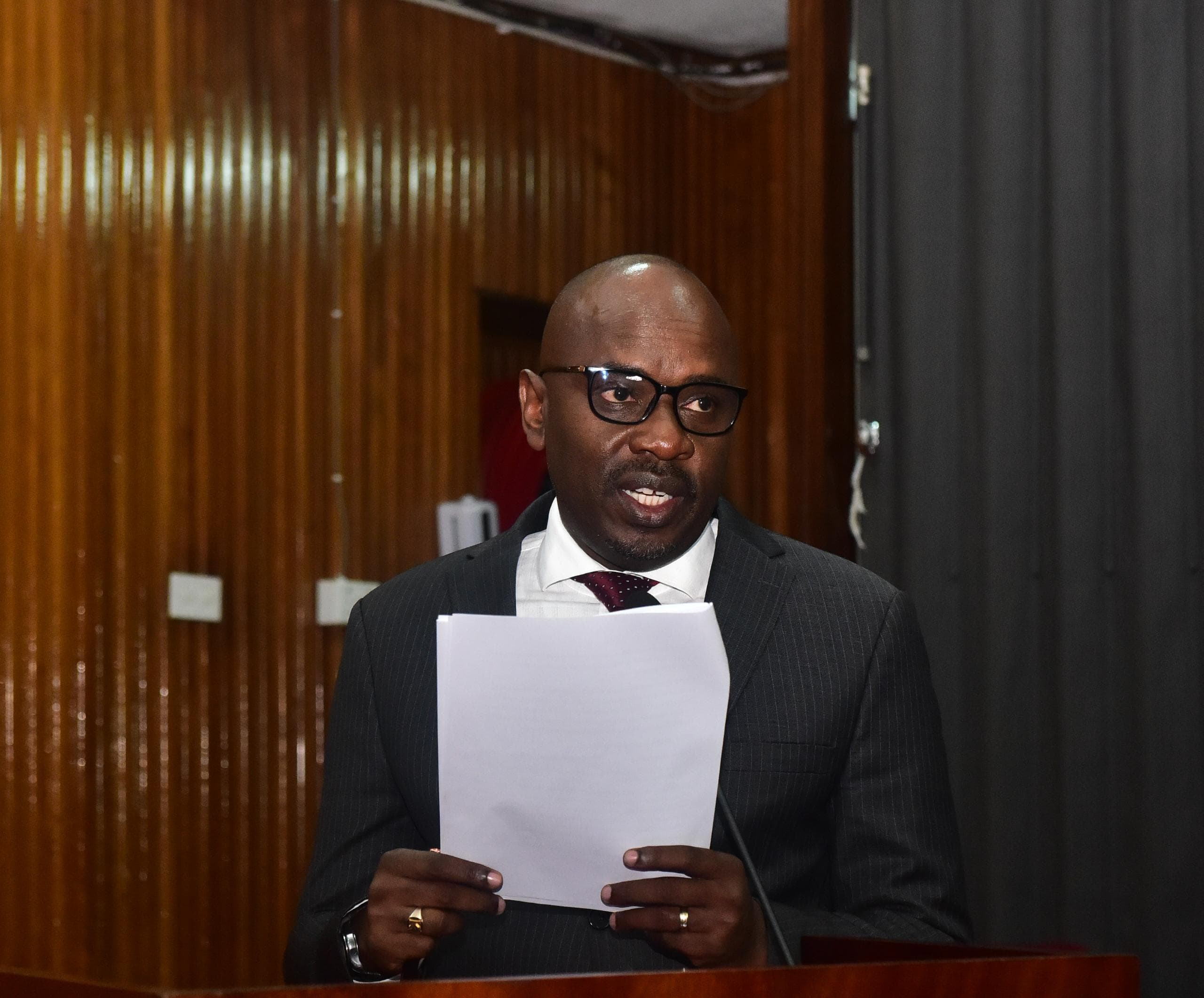In an era dominated by global crises, it’s easy to overlook the significance of local narratives in addressing pressing issues like climate change. In a struggling country like Uganda, headlines in both print and mainstream media often highlight the broader impacts of environmental degradation on a planetary view, something which rules out the urgency of the matter.
As a result, a demand to shift in focus towards local communities is necessary because local stories provide compelling evidence for the need for policy interventions at both community and national levels. When decision-makers witness firsthand information i.e. the impacts of climate change on their constituents, they are more likely to prioritize environmental policies, allocate resources for adaptation measures, and support initiatives aimed at reducing carbon gas emissions.
Every region has its unique vulnerabilities like( Bududa in the Eastern part of Uganda which is prone to landslides, Karamoja in the North East prone to drought), adaptive strategies, and cultural connections to the environment. By amplifying local voices and experiences, we enrich the broader national dialogue on climate change.
When people see how climate change directly affects their neighbourhoods, they are more likely to feel empowered to take action. Localizing stories empowers communities to recognize their role in both contributing to and mitigating environmental issues. It encourages engagement at the grassroots level, inspiring collective efforts towards sustainable practices, resilience-building, and advocacy for policy change.
Indigenous knowledge, community-based solutions, and traditional practices often hold valuable insights into sustainable living and ecosystem stewardship. By incorporating diverse perspectives, we can develop more comprehensive and inclusive approaches to climate action.
Another biggest challenge to climate change effects in Uganda include insufficient media coverage, something the media does not give attention i.e. the mainstream media has put efforts in weather forecast rather than finding the effects and solutions to the pressing issues
People urgently need solution journalism with focus on the national, regional and community climate change crisis not only narrating about positive stories but also through empowerment and engagement sometimes even at individual level
In conclusion, the urgency of the climate crisis necessitates a shift towards localizing stories to inspire action, empower communities, and drive meaningful change. By highlighting the interconnectedness between global phenomena and local realities, we can cultivate a stronger sense of responsibility, solidarity, and stewardship towards our planet and future generations. It’s time to recognize that the fight against climate change begins in our own backyards.
Do you have a story in your community or an opinion to share with us: Email us at Submit an Article









